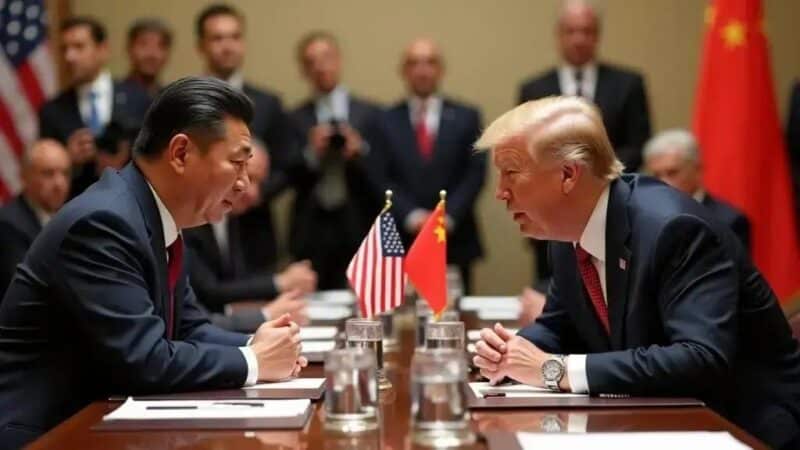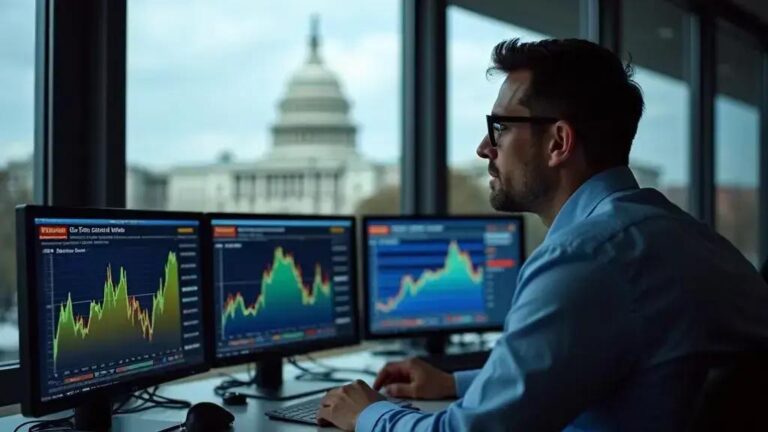Taiwan is at the heart of a striking claim from Donald Trump — he says Xi Jinping privately promised no action while Trump is president. Could such a pledge change how Washington or Taipei respond? Read on to unpack the remarks, reactions and what might come next.
What Trump said: the Mar-a-Lago interview and Xi’s alleged assurances
During a recent interview at his Mar-a-Lago estate, Donald Trump made a significant claim. He stated that Chinese President Xi Jinping gave him a private assurance. This promise was about China’s actions regarding Taiwan. According to Trump, Xi pledged that China would not make any moves on Taiwan. This assurance was specifically for the time Trump was president. This statement has drawn much attention. It suggests a direct, personal understanding between the two leaders. Such an agreement could impact future U.S. foreign policy. It also raises questions about the stability of the region.
Diplomatic context: U.S. policy, Chinese response and regional implications
The United States follows a \”One China\” policy. This means it recognizes Beijing’s claim that there is only one China. Yet, the U.S. also keeps strong unofficial ties with Taiwan. This approach is often called \”strategic ambiguity\”. It means the U.S. doesn’t say for sure if it would use military force to defend Taiwan. Trump’s recent comments about Xi’s promise might change this careful balance. A private assurance could affect how the U.S. handles its Taiwan policy. It might also change how other countries view U.S. commitments in the region.
China’s response to Taiwan’s status is always very clear. Beijing sees Taiwan as a part of its own territory. It has often said it wants reunification, even if force is needed. China strongly opposes any outside interference in Taiwan. Trump’s claim could be seen differently by Beijing. They might see it as a sign of U.S. weakness. Or, they might see it as a personal deal. This could impact future diplomatic talks and regional stability.
The regional implications of these statements are quite big. Taiwan is very important for global trade and technology. Any problems there could disrupt markets worldwide. Countries like Japan, South Korea, and Australia watch this situation closely. They are U.S. allies and have strong economic links to both China and Taiwan. A change in U.S. policy or China’s stance could make tensions rise. This might lead to more military activity in the South China Sea. It could also affect global supply chains and international relations.
Fonte: Fortune.com








